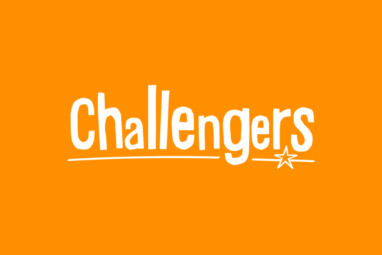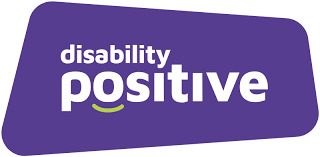Breaking the Silence: International Day of Zero Tolerance for FGM
Every year on February 6th, the world comes together to observe the International Day of Zero Tolerance for Female Genital Mutilation (FGM). This day serves as a powerful reminder of the need to eliminate a harmful practice that violates the rights, health, and dignity of millions of women and girls globally. It is also a celebration of resilience, as survivors, activists, and communities work tirelessly to bring change.
Understanding FGM
Female Genital Mutilation (FGM) refers to all procedures involving partial or total removal of the external female genitalia or other injury to the female genital organs for non-medical reasons. FGM is not only a deeply entrenched cultural practice in some regions but also a human rights violation recognized globally. It is often performed on young girls, typically between infancy and age 15, leaving lifelong physical and psychological scars.
FGM has no health benefits and is associated with severe complications, including chronic pain, infections, complications during childbirth, and increased risk of newborn deaths. It also infringes on the fundamental rights to health, security, and freedom from inhuman or degrading treatment.
Global Statistics and the Scope of the Problem
According to the World Health Organization (WHO):
- Over 200 million girls and women alive today have undergone FGM in 30 countries in Africa, the Middle East, and Asia where the practice is most prevalent.
- If current trends continue, an estimated 68 million girls will be at risk of FGM by 2030.
Despite progress in some regions, the rate of decline is insufficient to meet the United Nations Sustainable Development Goal 5.3, which aims to eliminate FGM by 2030.
Stories of Change
Amidst the challenges, there are inspiring stories of change. Women who have undergone FGM and now work as advocates are breaking cultural taboos to educate others. Communities that once practiced FGM are declaring themselves FGM-free zones, often with the guidance of grassroots organizations and local leaders. These stories serve as beacons of hope, reminding us that change is possible when education and compassion come together.
Why Zero Tolerance Matters
FGM persists due to deeply rooted gender inequality, cultural traditions, and misconceptions about health, purity, and marriage prospects. Tackling FGM requires:
- Education and Awareness: Communities need access to accurate information about the harms of FGM and its alternatives.
- Legal Protections: Strong laws must be enacted and enforced to protect women and girls.
- Community Engagement: Engaging traditional leaders, religious authorities, and local advocates to challenge norms and foster change.
- Support for Survivors: Offering medical care, psychological support, and reintegration services to those affected by FGM.
Global Efforts to Combat FGM
The International Day of Zero Tolerance for FGM amplifies voices advocating for change and celebrates the efforts of governments, organizations, and activists committed to eradicating FGM. Initiatives such as the United Nations Population Fund (UNFPA) and UNICEF Joint Programme on the Elimination of FGM have been instrumental in providing resources, fostering dialogue, and promoting community-based solutions. They work closely with local champions who understand the cultural nuances and are best positioned to drive change.
What Can You Do?
As individuals, we all have a role in ending FGM:
- Educate Yourself and Others: Share knowledge about the realities of FGM and its impact on women and girls.
- Support Advocacy Organizations: Donate to or volunteer with groups actively working to combat FGM.
- Raise Awareness: Use your platform—be it social media, your workplace, or your community—to amplify this cause.
- Challenge Harmful Norms: Engage in conversations that question and dismantle cultural justifications for FGM.
- Celebrate Success Stories: Highlight and share the achievements of communities and individuals making strides toward ending FGM.
A Call to Action
On this International Day of Zero Tolerance for FGM, let us reaffirm our commitment to a world where every girl and woman can live free from violence, inequality, and harm. Ending FGM is not only possible but essential for achieving gender equality and safeguarding human rights. Together, through education, advocacy, and action, we can create a future where FGM is no longer a reality for any girl or woman.
Stand with us today. Speak out. Act now. End FGM.
Published: 22 January 2025
Updated: 27 January 2025







